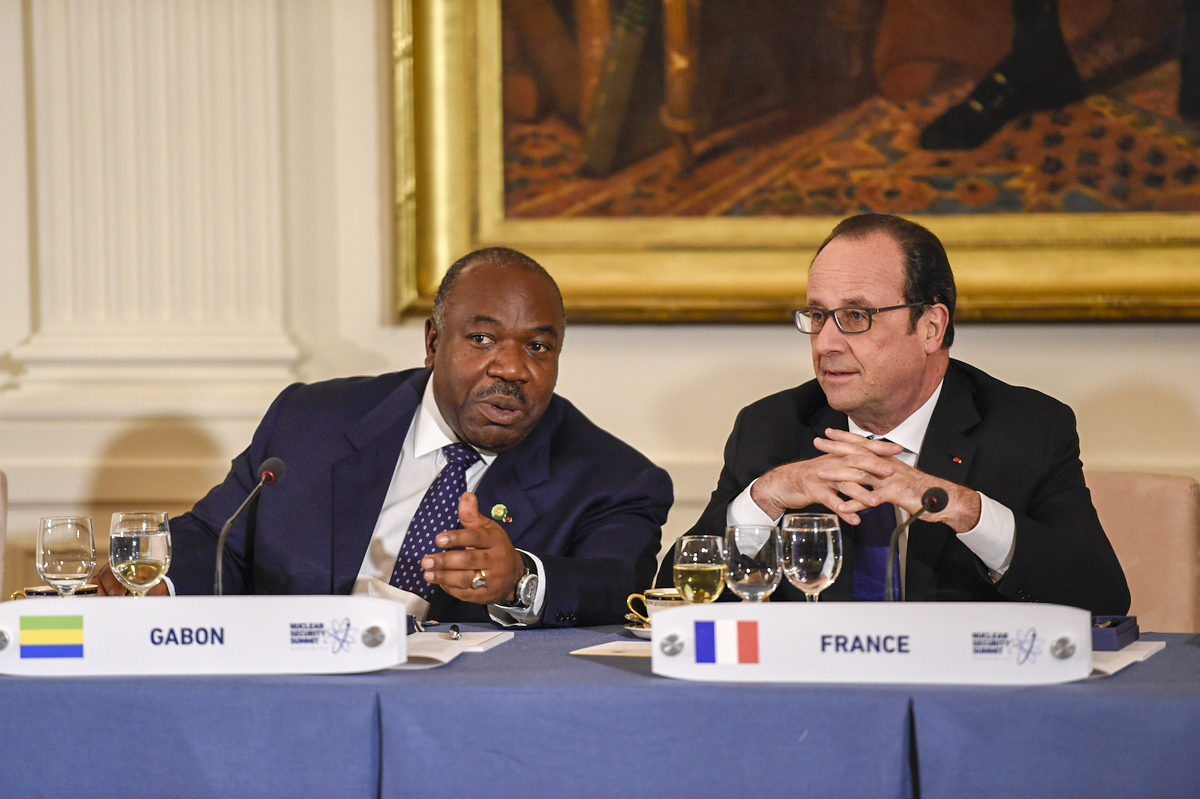
Following the second re-election of Gabon’s controversial president Ali Bongo, the military seized power on Wednesday 30th August, in what was the 8th coup d’état in Western and Central Africa since 2020. While the international community largely condemns these events, the people of Gabon seem to be delighted by the news, taking to the streets to show their support for the new military government. The former head of the Presidential Guard, General Brice Oligui has been appointed as the Transitional President of Gabon and Raymond Ndong Sima, presidential candidate in 2016 and 2023 and former opponent of Ali Bongo, has been named Prime Minister.
The international community has predominantly denounced the putsch, with the head of the African Union Commission calling for a return to a “democratic constitutional order” and Canada urging for the reinstatement of the “democratic and civilian-led rule”, for example. It is undeniable that a coup is an assault on democracy, but whether condemnations are still valid in cases of sham democracies masking totalitarian regimes and political dynasties remains an important question.
Freedom House, a US non-governmental organisation that explores freedom and democracy levels worldwide, releases a yearly index, giving a score to every country across the globe. Interestingly, Gabon received a score of 20 out of 100 in 2022, with Freedom House deeming the country “not free”. More specifically, the country received a score of 2 out of 40 for “Political Rights” as well as an 18 out of 60 for “Civil Liberties”. This highlights the downhill trend in Gabon’s political freedom which has been observed and felt by its population. Indeed, in 2016, its Freedom House index score was 32 and has only decreased since then, notably losing 9 points between 2016 and 2017. The negative evolution of the index over the years is in accordance with an increased dissatisfaction coming from the Gabonese population towards its government.
To give some context, Ali Bongo is the second president of what can be characterized as the Bongo dynasty. His father, Omar, ruled Gabon from 1967 until his death in 2009 when his son took over. Omar Bongo is largely considered to be a prominent symbol of Françafrique, France’s sphere of influence over its former colonies in Africa. As he came into power in the mid-1960s, France was trying to maintain some form of presence on the African continent after having lost the majority of its colonies, most particularly French Algeria after the war which ended in 1962. France found in Omar Bongo’s Gabon the perfect ally. Thanks to his cooperation, ‘The Hexagon’ was able to source considerable quantities of oil, uranium and manganese through what was undeniably a hugely beneficial – and arguably unbalanced – partnership. It must then come as no surprise that France condemned the recent military coup, stating its wish that “the outcome of the election, once known, be respected”.
However, it is important to note that there is a huge controversy surrounding the fairness and legitimacy of the elections, with Freedom House deeming that although the country holds multiparty elections, former president Ali Bongo was able to maintain “political dominance through a combination of patronage and repression”. Furthermore, the NGO claims that there was “no realistic opportunity for the opposition to gain power through elections”, accusing the Bongo family of funding “vote-buying during elections”, as shown in the 2021 Pandora Papers. This further reinforces the hypocrisy of the international community in condemning “democratic elections” since they must not be strangers to these accusations themselves.
The question remains as to the future and stability of Gabon since a post-coup government – also called a junta – might not be the most stable, long-term solution. Although the new government has announced its wish to run elections in the next two years, only time will tell whether a de facto government can transition into a democratic regime and not fall back into an authoritarian one. It would be a shame if a terrible regime were to be replaced by an equally awful one. Let’s hope that the rejoicing of Gabonese citizens, celebrating the end of a regime tainted by imperialism, will not be short-lived.
Image: President of Gabon Ali Bongo Ondimba and President of France François Hollande, 2016// PDM 1.0 DEED



Average Rating